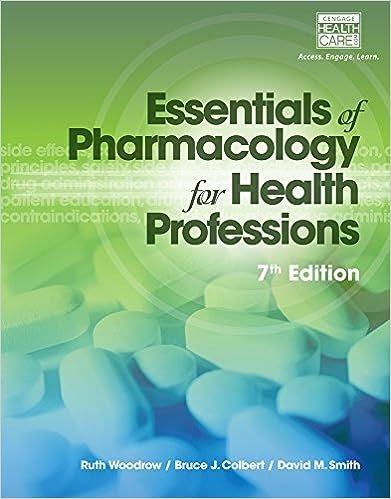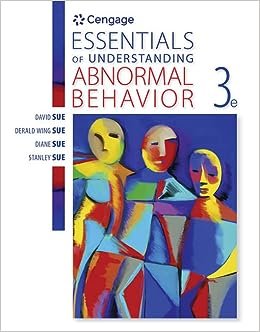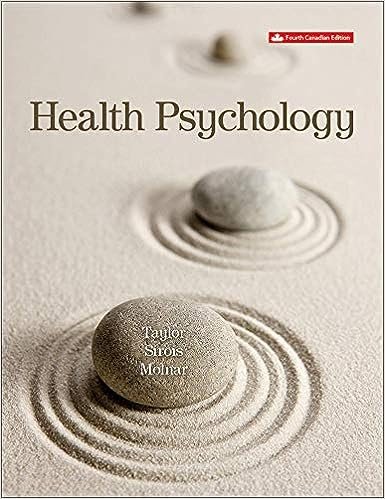Test Bank For History of Psychology The Making of a Science 1st Edition
Chapter 4: Greek Philosophy
MULTIPLE CHOICE
- What type of government did the Spartans impose when they conquered Athens?
| a. | oligarchy | c. | republic |
| b. | democracy | d. | imperial |
ANS: A DIF: Factual REF: Introduction
- Which of the following best describes the Socratic method?
| a. | Asking an individual a long series of questions to reveal what he or she does not know and then asking another long series of questions to help the individual find the needed knowledge |
| b. | Deliberately humiliating individuals by showing their ignorance and dismissing those who become upset by the procedure because they are unwilling to learn |
| c. | Refusing to answer direct questions when asked by students and instead asking them questions until they have figured out their own answers |
| d. | Creating an environment that supports the acquisition of knowledge by the experimental method |
ANS: A DIF: Factual REF: Socrates
- Socrates corrupted Athenian youth by ____.
| a. | providing them with wine |
| b. | teaching them to question their parents |
| c. | urging them to engage in illicit sexual activity |
| d. | helping them create art critical of the government |
ANS: B DIF: Factual REF: Socrates
- In what way was Socrates impious?
| a. | By writing poems that made fun of Athenian gods |
| b. | By creating his own gods |
| c. | By laughing during religious services |
| d. | By refusing to honor Athenian gods |
ANS: D DIF: Factual REF: Socrates
- Which of the following was of particular interest to Socrates?
| a. | How the universe came into existence |
| b. | Why some people are more intelligent than others |
| c. | What makes someone virtuous |
| d. | Why aging occurs |
ANS: C DIF: Factual REF: Socrates
- Socrates equated knowledge with ____.
| a. | compassion | c. | piety |
| b. | obedience | d. | virtue |
ANS: D DIF: Factual REF: Socrates
- Socrates regarded beauty ____.
| a. | as a reflection of the gods |
| b. | as a quality that varied depending on who was perceiving it |
| c. | as an absolute that philosophers should seek and describe |
| d. | as subject to imperfection and decay |
ANS: C DIF: Factual REF: Socrates
- What did Socrates regard as the source of virtue?
| a. | self-examination | c. | membership in society |
| b. | religion | d. | civilization |
ANS: A DIF: Factual REF: Socrates
- What was one of the more disturbing implications of Socrates execution?
| a. | That philosophy was no longer relevant |
| b. | That no one could be allowed to commit crimes |
| c. | That favoritism played a role in the judicial system |
| d. | That criticizing the government could be lethal |
ANS: D DIF: Factual REF: Socrates
- Which of the following is true of Plato’s dialogues?
| a. | They put the Socratic method in writing. |
| b. | They were discussions between Plato and his students. |
| c. | They were written as discussions among the gods. |
| d. | They lay out Plato’s philosophy so anyone can understand it. |
ANS: A DIF: Factual REF: Plato












Reviews
There are no reviews yet.